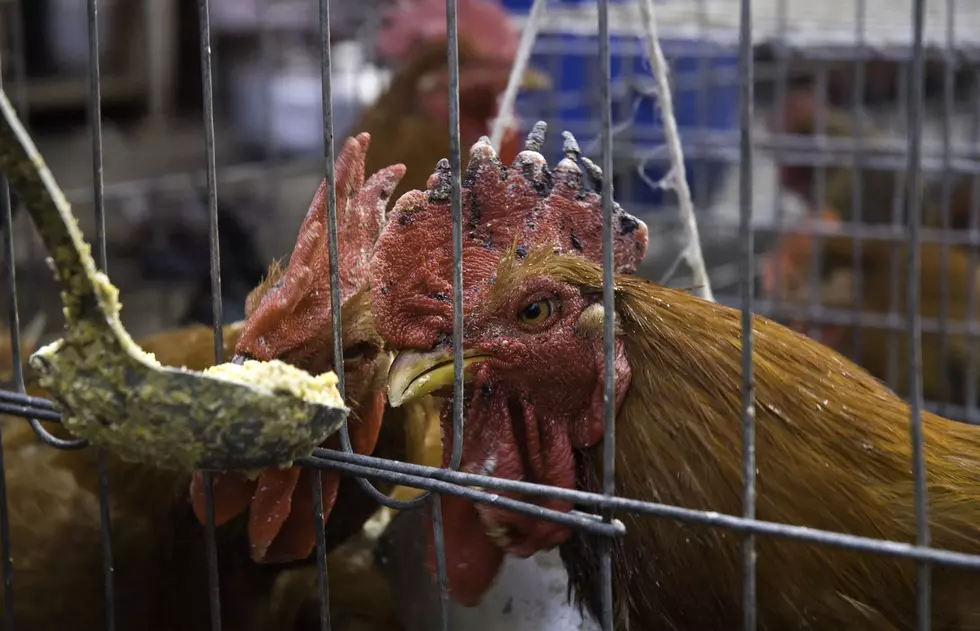
Avian Flu Confirmed In Bayfield County, Wisconsin
The Bayfield County Public Health Department is alerting the general public that the Avian Flu has been identified in the county. The Wisconsin Department of Health notified health officials in Bayfield County that the highly-contagious flu "has been identified in a backyard flock" in the area.
The presence of the Avian Flu locally sees Bayfield joining 13 other counties in Wisconsin where the "highly pathogenic" strain has been identified. That confirmation comes from the Wisconsin Department of Agriculture and Consumer Trade Protection.
Obviously, a large part of the concern is the migration of the strain to neighboring flocks, properties, counties, and communities. Contact with wild birds are often the source of infection for other domesticated flocks.
Infection with the Avian Flu is fast acting. As part of the release of information by Bayfield County, health officials shared that "[b]irds infected seemed lethargic in the evening and were dead by morning".
It's because of that fast-acting nature that Bayfield County Health Department officials are making the following recommendations:
- Owners of domestic birds should not have bird feeders out for wild birds
- Owners of domestic birds should remove any sources of food or water that are shared between domestic birds and wild birds
- Owners of domestic birds should consider keeping flocks indoors to protect from wild birds carrying the disease
In regards to the specific flock in Bayfield County where the Avian Flu was identified, the Wisconsin State Epidemiologist believes that the source was from wild birds. That "flock has exposures to wild turkeys - a feeding area for poultry was frequented by both domestic and wild turkeys". Additionally, "[a] pond on the property that the domestic ducks use was seen to have some wild geese earlier in the week".
Here are some signs for domestic bird owners to watch for:
- Sudden death without clinical signs
- Lack of energy and appetite
- Lack of coordination
- Decreased egg production, or soft-shelled or misshapen eggs
- Swelling of head, comb, eyelid, wattles, and hocks
- Purple discoloration of wattles, comb, and legs
- Nasal discharge, coughing, sneezing or diarrhea
The Bayfield County Health Department also reminds domestic bird owners who might find deceased animals to use caution while removing them:
"If you find dead birds or wildlife, avoid handling them with bare hands. If removing a dead bird is necessary, wear gloves or use a plastic bag to put it in the garbage. Wash your hands with soap and water and throw away any gloves after disposing of dead birds or wildlife."
Finally, the Bayfield County Health Department urges landowners and flock-owners to communicate. Report sick birds in your possession or those that you might find. The county urges you to not wait. Call 1-608-224-4872.
13 Things You Never Knew Were Invented in Wisconsin
LOOK: Food history from the year you were born
More From Sasquatch 92.1 FM









